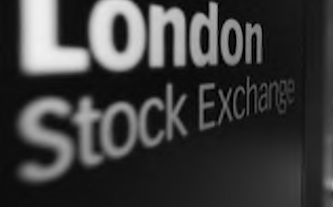M&S chair Archie Norman has criticised the lack of UK pension fund money invested in British companies and the decline of corporate share options as reasons for the long term problems of London’s stock market.
The decline in UK pension capital invested in UK shares stems from a UK accounting change in 2000 that steered defined benefit schemes out of equities and into bonds to match their liabilities.
As a result, pensions and insurers have slashed their exposure to UK shares from about 50% of their portfolios to a mere 4% over the past two decades, according to advisory firm Ondra.
Norman, who also sits on the board of private equity firm Bridgepoint, told London newspaper The Financial Times that it was “undeniable” that the sharp decline in UK pensions investing in UK equities “has substantially reduced the depth” of available money to back domestic stocks.
“Most large corporate pension funds are invested for low risk and low return,” said Norman.
“If they had been invested in index-trackers or … private assets, we would probably have wiped out many pension deficits and created a pool of capital available to invest in British institutions …
“I’m on the board of a private equity firm which is substantially investing in European companies, but our money comes from the large (international) public sector pension and endowment funds.
“They are invested for long-term return, creating a deep pool of capital, a thriving stock market, and the growth of private companies — but this is not happening in the UK.”
Norman also pointed to the decline of corporate stock options. “If you go back 30 years, everyone used to have share options — the normal way of paying executives then was you got a salary and a bonus and share options.”
The London Stock Exchange has suffered from a lack of corporate listings in recent years as companies have opted for New York, citing higher valuations and much deeper capital markets.
